Introduction to Blockchain in Online Gambling
In the ever-evolving online gambling world, blockchain technology has carved out a significant role, offering transparency, speed, and cost efficiency. Among the many networks adopted by casinos, Tron stands out as a particularly attractive option—especially when compared to Ethereum, BNB Chain, and Solana. Understanding the technical and economic logic behind Tron’s popularity can shed light on the choices of industry leaders.
The Case for Tron in iGaming
At its core, Tron was designed to decentralize the internet—starting with content and eventually evolving to support fast, cheap, and scalable smart contracts. These characteristics align perfectly with the needs of online gambling platforms. Tron’s average block time is around 3 seconds, which is significantly faster than Ethereum’s 12–14 seconds. In gambling, where real-time interactions are crucial, this makes a substantial difference. Tron also boasts extremely low transaction fees, often less than a fraction of a cent, a major advantage in games where microtransactions are constant.
Comparing Tron, Ethereum, BNB Chain, and Solana
Let’s take a closer look at how Tron stacks up against other popular blockchain networks used by casinos:
- Ethereum: The first to pioneer smart contracts, Ethereum remains dominant in the DeFi and NFT sectors. However, its network congestion and high gas fees often make it unsuitable for gambling platforms that require speed and affordability. Upgrades like Ethereum 2.0 aim to fix this, but Tron remains a step ahead in current performance.
- BNB Chain: Backed by Binance, BNB Chain offers low fees and fast transactions, making it a competitive alternative. However, its semi-centralized nature may raise concerns in platforms valuing decentralization. In contrast, Tron strikes a better balance between performance and ideology.
- Solana: Known for its speed—processing up to 65,000 transactions per second—Solana is technically impressive. Yet its historical network outages create uncertainty, especially for casinos that operate 24/7. Tron, with its stable and mature infrastructure, is often the safer bet.
Why Casinos Like Pin-Up Are Embracing Tron
It’s no surprise that major names in the gambling world are incorporating blockchain options like Tron. From seamless deposits to lightning-fast withdrawals, the user experience improves significantly when a casino builds on a high-performance chain. While Ethereum-based platforms often face sluggish transactions, Tron-powered systems keep players engaged without frustrating delays.
Operational costs are crucial for any business, and casinos are no exception. By using Tron, platforms drastically reduce transaction fees compared to Ethereum-based models. This efficiency allows them to reinvest in user acquisition, game development, or loyalty programs. Whether it’s a new feature on PinUp casino or expanded bonus options on similar sites, Tron’s cost-effectiveness enables constant innovation.
Conclusion
While each blockchain has its strengths, Tron offers a compelling mix of affordability, speed, and reliability that make it ideal for online gambling. As blockchain adoption in iGaming grows, so does the need for infrastructure that supports fast-paced, microtransaction-heavy environments. With its technical advantages and economic benefits, Tron is likely to remain a preferred choice for casinos and players alike, enhancing the overall gaming experience and paving the way for further innovation in the industry.



